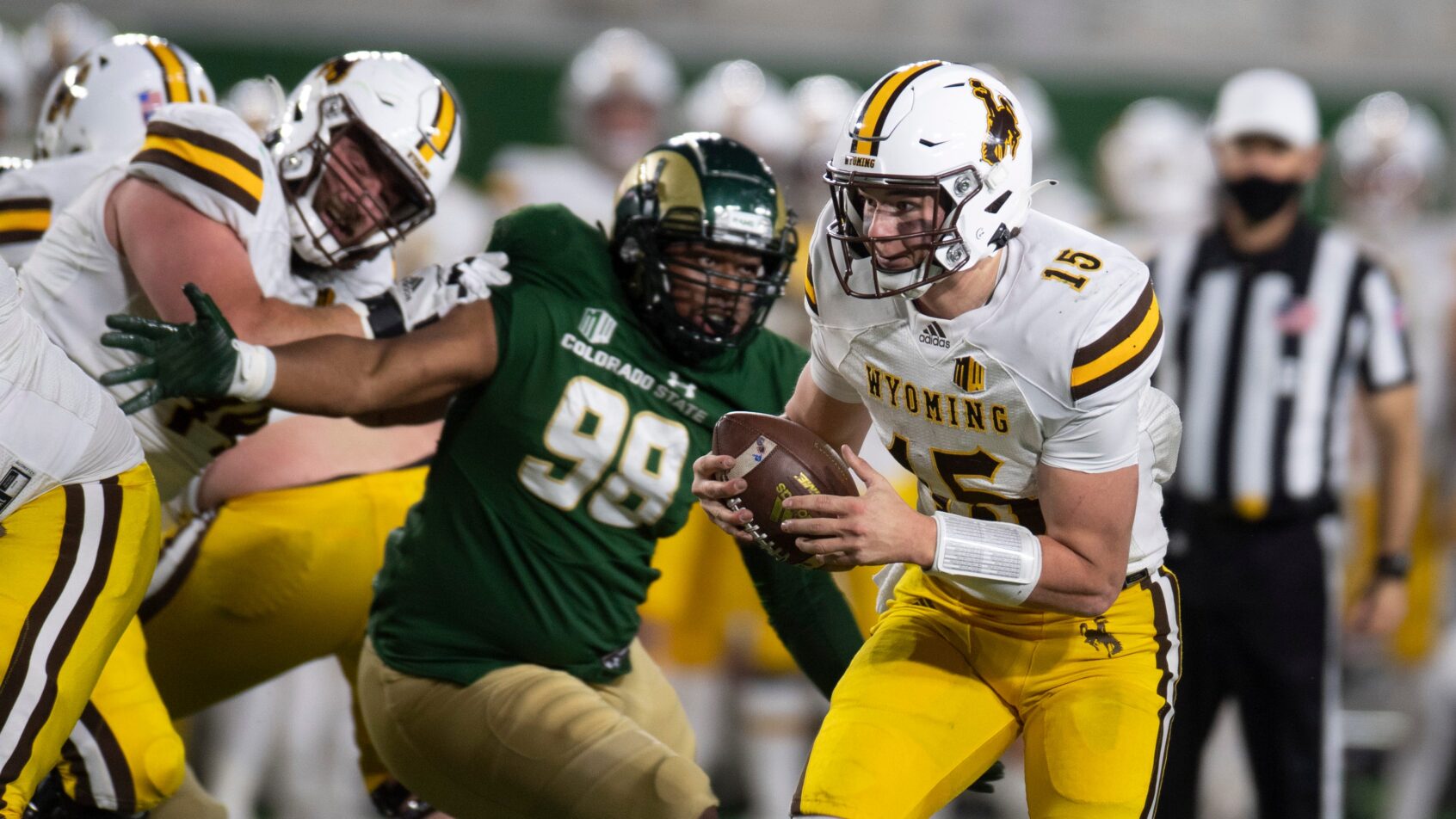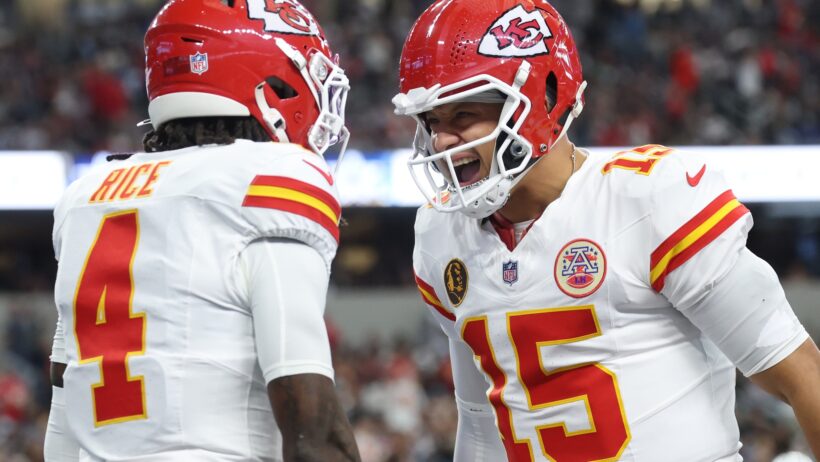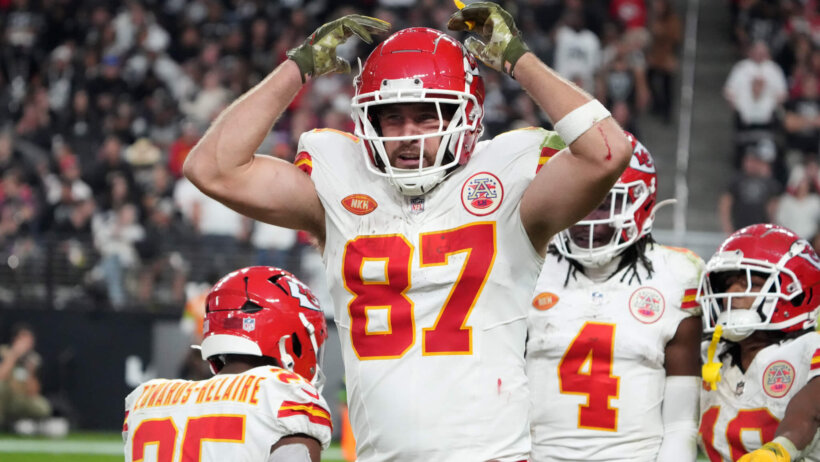Wyoming Gaming Commission Finds No Concerning Sports Betting Limitation Data
By Robert Linnehan in Sports Betting News
Published:

- The Wyoming Gaming Commission released a report on its finding of sports betting limitations for state customers
- A special investigator reported less than 1% of Wyoming sports betting users have any limits
- Claims no evidence exists of winning bettors being the majority of users who are limited
The Wyoming Gaming Commission today released its findings from a study on the practice of sports betting operators limiting state users, with a special agent of the commission concluding staff does “not see a problem in Wyoming with the limiting of sports wagering.”
According to Michael Steinberg, deputy director, special agent supervisor of gaming compliance for the commission, reported that less than 1% of Wyoming sports betting customers have been limited by licensed operators. Of those who are limited, Steinberg said the limits were typically a $500 or $1,000 maximum on a market, not “pennies” as some sources had claimed.
The commission requested limitations data from its licensed sports betting operators and held a public discussion this past November with American Bettors’ Voice Chairman Gadoon “Spanky” Kyrollos to educate itself on sports betting limitation practices.
Not Only Limiting Winning Wyoming Sports Bettors
Steinberg noted that all licensed Wyoming sports betting operators provided the commission with the necessary data it requested. FanDuel, DraftKings, BetMGM, Caesars Sportsbook, and Fanatics Sportsbook all hold licenses in the state.
After evaluating the data, Steinberg said less than 1% of all Wyoming sports betting customers have an active limitation by an operator.
In the evaluation, Steinberg said the vast majority of customers who have limitations on their accounts were due to operators believing the patron was involved in some form of “cheating.”
“Most of the reasonings for limiting a patron revolve around the patron ‘cheating’ in some manner. Cheating by placing prop bets while at a live event, ahead of the televised feed, beating the sportsbooks ability to remove the bet once the prop has been completed. Cheating by grouping up with other bettors to manipulate a line at one sportsbook in order to change the line at another. Cheating by creating multiple accounts to take advantage of special incentives. There are several more examples,” Steinberg wrote in his evaluation.
Steinberg said the only concerning limitation practice to the staff is when an operator limits a patron for finding errors in making odds and taking advantage of those errors. However, of the 1% of customers who are limited, only 10% of that group is limited due to this practice.
Steinberg also said the limits are not as severe as many think. Steinberg referenced the public meeting in November with “Spanky” Kyrollos, who claimed some Wyoming customers were limited to “pennies” per bet.
“We did not find that (people being limited to pennies), at least here in Wyoming. I’m not saying it doesn’t occur, but at least not in Wyoming. There were people who were limited to $500 on particular wagers, $1,000 on particular wagers, percentages as low as 25% on whatever specific limit everyone had for that particular wager. Nothing that we would call extreme, we did not as staff find anything concerning whatsoever with any of the practices,” he said.
Is It Really Cheating?
Richard Schuetz, CEO of American Bettors’ Voice, questioned the use of the term “cheating” in Steinberg’s analysis.
If these Wyoming sports betting users are actively cheating and breaking the rules of the commission’s sports betting regulations, why has no legal action taken place?
“I find the use of the term cheating to be most curious. Am I then to assume that the operators identified these cheaters for the regulators and law enforcement, and we can anticipate arrests and legal actions? If an operator were to fail to report cheating to the regulators and law enforcement, it would seem to jeopardize their licenses. We cannot have operators covering up cheating instances, for it threatens the integrity of the industry,” Schuetz said to Sports Betting Dime.
Practicing individualized limits, as opposed to house limits, is a “sure sign” of avoiding transparency, Kyrollos told Sports Betting Dime.
“If limiting wasn’t a thing, then why have the sportsbooks not stopped individualized limits? Why do they not have a minimum and maximum amount allowed to bet on each event clearly displayed similar to any casino table game or slot machine?” he asked.
What Will Massachusetts Regulators Find?
The Wyoming Gaming Commission found no concerning limitations data among its sports betting markets, but what will regulators in Massachusetts find? The Massachusetts Gaming Commission (MGC) is currently undergoing its own evaluation of limitations practices within its own market.
The MGC held a similar public meeting as the Wyoming Gaming Commission, inviting members of the public (including those of the American Bettors’ Voice) and its licensed sportsbook operators to discuss limiting users. Operators skipped out on a first public meeting with the MGC, but eventually attended a second to provide information and answers to the commission.
The MGC requested limiting data from its operators this past November. The operators complied, but so much data was provided the MGC determined it needed to bring in a data analyst to evaluate the provided information to see if there is any correlation between a customer’s win rate and a sportsbook limiting their action on a platform.
The data request asked for information regarding how many patrons are currently being limited in the commonwealth and for specific player data to determine the percentage of players being limited, how many players are being limited that exhibit winning behavior, and how many players are being treated as VIPs and exhibit losing behavior.
The sportsbook’s fully agreed to the request.
There is no timeline as to when the MGC will share its results of the evaluation.

Regulatory Writer and Editor
Robert Linnehan covers all regulatory developments in online gambling and sports betting. He specializes in U.S. sports betting news along with casino regulation news as one of the most trusted sources in the country.



